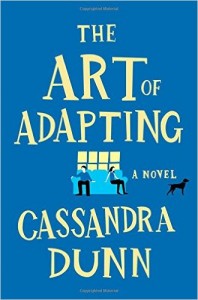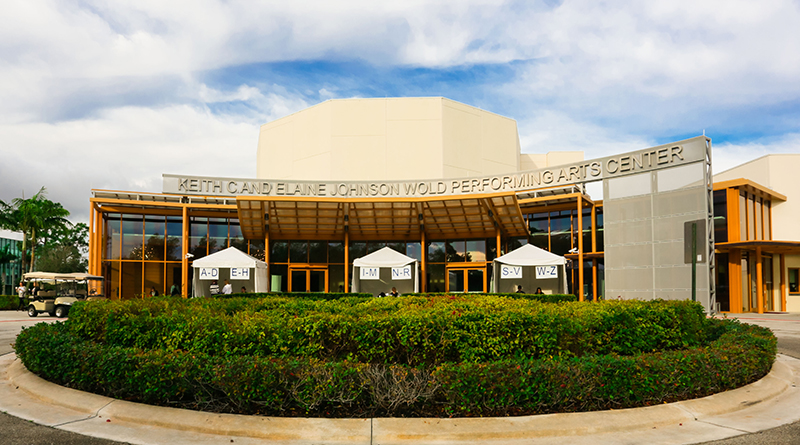
Neurodiversity in the Arts: Cassandra Dunn’s “Art of Adapting”
By Donna Levin
I’m back to recommend another work of fiction featuring a neurodiverse character. This time it’s The Art of Adapting, a first novel by Bay Area author Cassandra Dunn. This story proves that although Leo Tolstoy was a genius, he got one thing wrong: all happy families are not alike.
 Take the Fosters: Well, no, they’re not happy. What they are is vulnerable: Mom Lana is recently separated and on her way to divorce. Daughter Abby is battling an eating disorder that no one has noticed. And son Byron is being pushed by his uptight CPA dad into pursuing the athletics that would get him a college scholarship, when art is Byron’s true calling.
Take the Fosters: Well, no, they’re not happy. What they are is vulnerable: Mom Lana is recently separated and on her way to divorce. Daughter Abby is battling an eating disorder that no one has noticed. And son Byron is being pushed by his uptight CPA dad into pursuing the athletics that would get him a college scholarship, when art is Byron’s true calling.
Lana’s brother Matt is the most vulnerable of all. He’s been living with rich kid gone bad whose nickname, “Spike,” says it all. Spike has been plying Matt with drink and drugs and not surprisingly, an accidental overdose lands Matt in the hospital.
A social worker wants to put Matt in a state facility, but Lana steps in and says she’ll take him in. At first glance it seems that she’s the one doing the favor: Matt has been diagnosed with Asperger’s Syndrome.
But labels can be tricky. As Stephen Shore famously said, “If you’ve met one person with autism, you’ve met one person with autism.” Matt has many skills: a phenomenal memory, attention to details and his own artistic talent.
The stereotype of persons on the autistic spectrum is that they don’t feel empathy. Matt is overwhelmed by empathy: “He could feel Lana’s unhappiness seeping into his body, settling into his sternum, expanding within his chest.” He’s also on a mission to protect the neighborhood birds from cats.
He has one talent that not everyone would agree is admirable: He’s compulsively honest. So he has no hesitation about telling Lana that she’s gained weight (he helpfully proves it to her by pointing out that her jeans are too tight) or about explaining why Abby and Byron are mad at her, “‘Because you and [Lana’s husband] Graham aren’t together anymore.’”
Matt’s honesty seems impolite but he’s saying what the others need to hear. It’s the beginning of Lana’s and her children’s facing the truths of their lives. They in turn grow comfortable with what they at first see as his oddities, such as how his food can’t touch other food and how he has to eat it corn every night.
It’s a gradual process of all of them learning that it’s okay to need help from one another. As Lana says to the man who will become her boyfriend (Lana thinks that “boyfriend” is “a teenage label for an adult relationship,” but she likes saying it anyway), “The main thing I’ve learned is that no matter what the problem is, the answer is love.” For the Fosters, it’s love and honesty, and in the end they get to be as happy a family as exists in this real world of ours.
Donna Levin is the author of two novels, Extraordinary Means (William Morrow) and California Street (Simon and Schuster), as well as two books on the craft of writing, Get That Novel Started and Get That Novel Written, both published by Writer’s Digest Books. Her latest novel, There’s More Than One Way Home, will be published by Chickadee Prince Books on May 1st of 2017. Her papers are part of the Howard Gotlieb Archival Research Center at Boston University and her novels are part of the “California novels” collection in the California State Library.
She teaches at UC Berkeley Extension and has been a regular presenter at the San Francisco Writers’ Conference.




